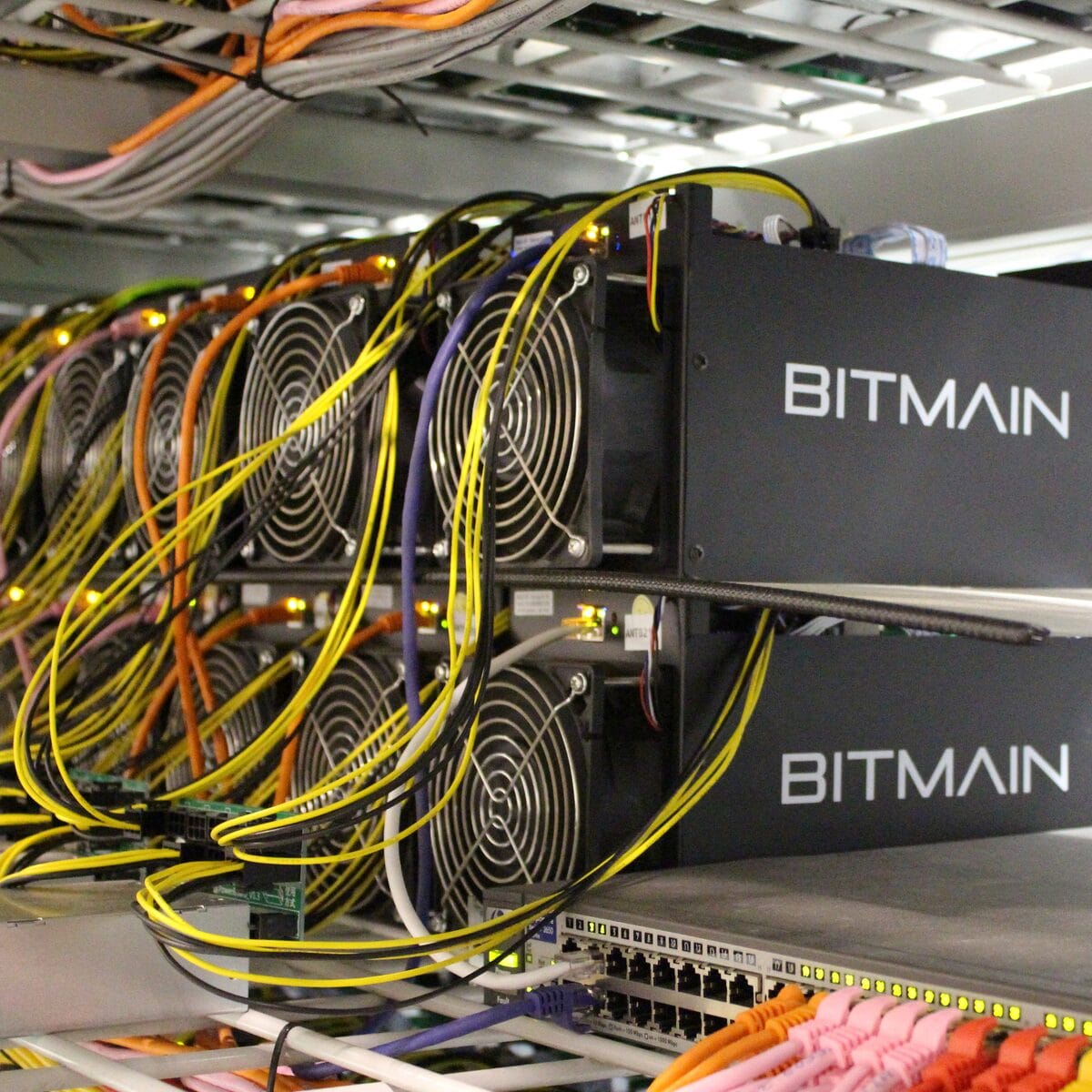U.S. Bitcoin Miners Encounter Delays as Customs Halt Bitmain Shipments Amid Sanctions Concerns

Crypto mining in the United States has recently been thrown into disarray as key equipment shipments from Bitmain, one of the world's leading ASIC manufacturers, are being detained by the U.S. Customs and Border Protection (CBP). This situation has not only put a spotlight on America's reliance on Chinese technology but has also injected a significant dose of uncertainty into an already uncertain sector.
The core of this issue lies with the Bitmain Antminer devices, specifically the S21 and T21 models, which are crucial for the mining operations that keep the Bitcoin network running. Reports from Blockspace highlighted that these shipments are being held at various U.S. ports, leading to substantial delays. Some mining companies have been waiting for up to two months to receive their equipment, with one firm mentioning holding fees that have climbed over $200,000 for just 200 units.
National Security Concerns at the Forefront
The reasons behind these delays are murky, but they appear to be linked to broader national security issues. It's understood that the CBP is acting on behalf of the Federal Communications Commission (FCC), though the specifics of what has triggered this enforcement remain undisclosed. The connection seems to stem from Bitmain's relationship with Sophgo, a chip designer under scrutiny by the U.S. Department of Commerce. Sophgo came under investigation after it was alleged that their chips were being used in Huawei processors, a company already under U.S. sanctions since 2019 due to national security concerns.
Interestingly, not all Chinese manufacturers are facing similar scrutiny. Bitmain's equipment alone seems to be the focus of these detentions, with the CBP's Advanced Targeting Unit actively involved in identifying and holding this cargo. This selective approach points to specific concerns possibly related to Bitmain's business or technological partnerships.
Broader Implications for the Crypto Mining Sector
This incident underscores the broader challenge of reliance on foreign technology for critical operations like Bitcoin mining. China, despite its domestic ban on crypto mining since 2021, still dominates the global supply of mining hardware. Bitmain, in particular, has been a key player, even attempting to mitigate risks by setting up offices outside China to circumvent tariffs and diversify its market presence.
The current freeze on deliveries has sparked a renewed debate about China's influence in the cryptocurrency sector. Even though mining is prohibited in China, Chinese companies continue to operate and expand within the U.S., further muddying the regulatory waters. This scenario has left U.S. miners in a precarious position, with rising costs and operational delays putting pressure on the industry to seek clarity from regulators.
As of now, neither the CBP nor the FCC has issued any public statements to explain these detentions or to outline a path forward for the affected miners. This silence from the authorities leaves the industry in limbo, with companies scrambling to find alternatives or to push through the bureaucratic logjam.
The situation at hand not only affects the immediate operational capabilities of Bitcoin miners but also serves as a stark reminder of the geopolitical complexities intertwining with technological dependencies. As the crypto mining community waits for resolution, the broader implications for international tech supply chains and national security policies continue to unfold, potentially reshaping how and where Bitcoin is mined in the future.

